401(K) AFTER RETIREMENT OR CHANGING JOBS
401(k) After Retirement or Changing Jobs: If you plan to retire or change jobs soon, it’s very important to have a plan for your balance in your current employer’s 401(k) plan. You could keep your savings where it is, roll them over into and IRA, or transfer the balance over to your new employer’s 401(k) plan. You do not need to rush your decision if you have more than $5,000 in your current employer’s plan. But it will be subject to the minimum distributions requirement after you reach age 72.
The benefits for keeping your funds in your current employer’s 401(k) could include:
- Your 401(k) might offer a wider selection of investments and lower fees than transferring to an IRA.
- Withdrawing some of your money before age 59 ½ from a former employer is penalty-free beginning at age 55. If you were to roll the funds into an IRA, you won’t be able to avoid the early withdraw penalties until you’re 59 ½.
- If your 401(k) invests into your former employer’s stock, it could qualify for long-term capital gain treatment once it’s distributed. This tax advantage will be lost if you transfer the stock into an IRA.
Despite these benefits of keeping your funds in your former employer’s 401(k) plan. There are a few positives for transferring your balance into an IRA.
- An IRA generally provides more diverse and/or higher quality investment options.
- An IRA could have lower fees and other costs.
- You can simplify your investment management by consolidating multiple retirement accounts into one IRA.
- After last year’s SECURE Act, the age cutoff for IRA contributions (previously at age 70 ½) has been eliminated. You are now able to contribute to a traditional IRA if you continue working and receiving an earned income.
If you’re changing jobs, the third option for you could be to roll you funds into your new employer’s 401(k) plan.
- You should always evaluate the cost, investment selection(s), and stock options. All before transferring your balance to a new employer’s 401(k).
- If you plan on working beyond 72, this could be an advantageous course for you. Some plans can allow you to defer the minimum distribution requirement until you retire if you continue working for the employer that sponsors the plan (even if you’re only working part-time).
Contact us so we can help you go through the options available to you and to come up with a plan that will be the most beneficial to you. Categories




